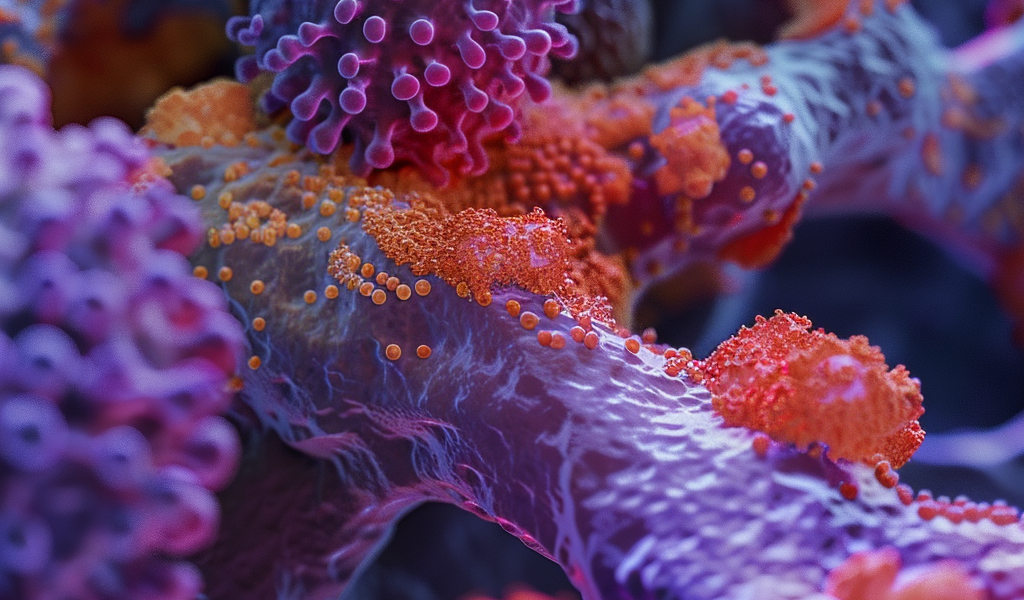We have recently made updates to our Privacy Policy to provide transparency on how we handle your personal data. Our use of cookies is aimed at enhancing your browsing experience. For more details, you can refer to our Cookie Policy.
Stanford Medicine researchers have made a groundbreaking discovery regarding the susceptibility of a specific type of immune cell to SARS-CoV-2 infection, the virus responsible for COVID-19. Contrary to previous assumptions, the cell type identified as most vulnerable to the virus is not the one initially believed to be at risk. This unexpected revelation has significant implications for understanding the medical consequences of COVID-19.
The research has identified interstitial macrophages, a type of immune cell deep within the lungs, as pivotal in the progression of a mild COVID-19 case to a potentially life-threatening one. Interstitial macrophages, typically responsible for safeguarding the lungs by engulfing viruses, bacteria, fungi, and dust particles, have been found to be the most susceptible to SARS-CoV-2 infection among all known lung tissue cells.
Upon infection, these interstitial macrophages transform into virus producers, releasing inflammatory and scar-tissue-inducing chemical signals. This process could potentially lead to pneumonia and lung damage, allowing the virus and the secreted substances to escape the lungs and cause widespread harm throughout the body.
The unexpected findings open up new possibilities for preventing SARS-CoV-2 infections from progressing into life-threatening conditions. Furthermore, these findings shed light on the limited effectiveness of monoclonal antibodies in combating severe COVID-19. The research suggests that these antibodies only showed efficacy when administered early in the infection process, before the virus had entrenched itself in the lung tissue.
Dr. Catherine Blish, a professor of infectious diseases and microbiology and immunology at Stanford Medicine, emphasized the significance of the findings, stating, ‘We’ve overturned a number of false assumptions about how the virus actually replicates in the human lung.’
This groundbreaking research offers new insights into the behavior of SARS-CoV-2 within the human lung, challenging previous misconceptions and paving the way for potential advancements in the treatment and prevention of severe COVID-19 cases.





